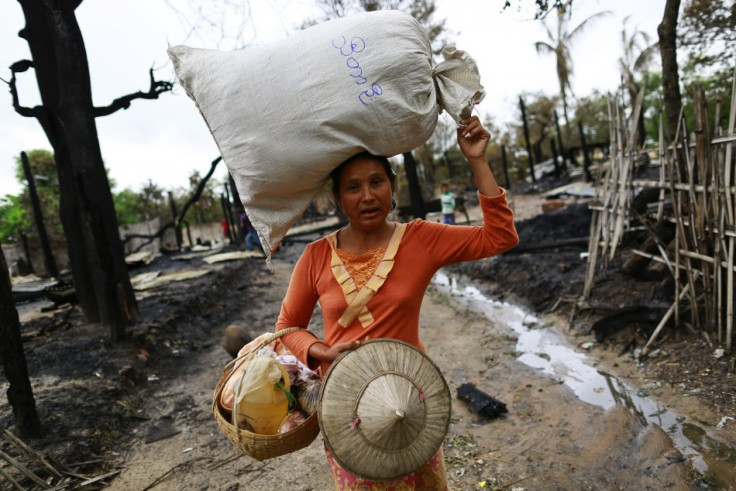UNHCR 'I Belong' Campaign: 'A Stateless Person is Born Every 10 Minutes'
UNHCR Launches 10-Year Campaign to End Statelessness Worldwide

The UN refugee agency (UNHCR) has launched a global campaign to end statelessness in 10 years.
The "I Belong" campaign comes as at least 10 million people worldwide do not have any citizenship and are therefore denied asylum seeker status, education, health assistance and basic human rights.
"Every 10 minutes a new stateless person is born," UN refugee chief Antonio Guterres told reporters in Geneva, describing the situation as "absolutely unacceptable".
"Statelessness is man-made problem and occurs because of a bewildering array of causes. Entire swathes of a population may become stateless overnight," the agency said in its report. "Often they are excluded from cradle to grave, being denied a legal identity when they are born, access to education, health care, marriage and job opportunities during their lifetime and even the dignity of an official burial and a death certificate when they die."
Children who are born in refugee camps are often not entitled to nationality, as in the case of Syrian refuigees in Jordan and Lebanon.
In other cases, countries refuse to grant nationality to ethnic or religious minorities, such as the Rohinga Muslims in Myanmar, who are confined to quasi-concentration camps and are not allowed to leave the compounds.
In 27 countries - such as Nepal, Bahrain and Libya - women are not allowed to pass their nationality to their children, UNHCR said.
The agency did not include Palestinians in its report, citing the need for a separate "political solution" to their situation.
UNHCR explained on its website that having a nationality is essential "for full participation in society and a prerequisite for the enjoyment of the full range of human rights.
"While human rights are generally to be enjoyed by everyone, selected rights such as the right to vote may be limited to nationals.
"Of even greater concern is that many more rights of stateless people are violated in practice - they are often unable to obtain identity documents and they may be detained because they are stateless."
The UN first committed to ending the problem of statelessness in 1954, by adopting the Convention Relating to the Status of Stateless Persons.
© Copyright IBTimes 2025. All rights reserved.






















